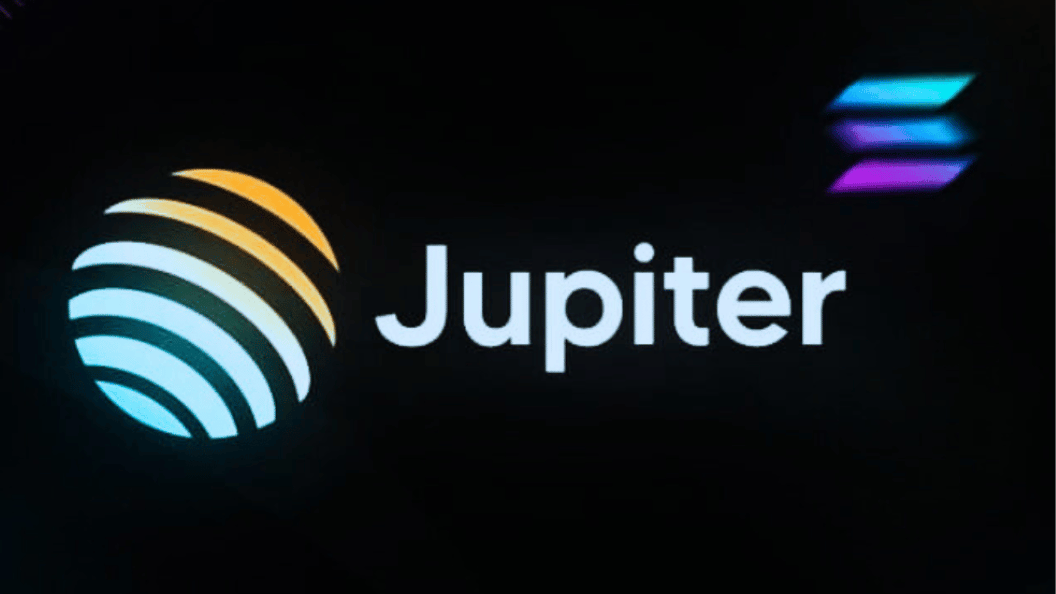Jupiter Rivals Polymarket, Debuts Prediction Market on Solana
0
0

Solana’s leading decentralized exchange aggregator, Jupiter, announced the launch of its beta prediction market on October 22, 2025. The new prediction market is supported by Kalshi’s liquidity and allows users to bet on real-world events.
Jupiter is using its multi-billion-dollar DeFi ecosystem to compete against Polymarket. As Solana’s prediction market grows, Jupiter wants to change how people predict events.
Jupiter’s Prediction Market Mechanics
Jupiter’s beta prediction market lets users predict the outcomes of real-world events using Solana’s blockchain. Traders can buy shares for “YES” or “NO” on events, like whether Max Verstappen will win the Formula 1 Mexico Grand Prix. Share prices range from $0 to $1, reflecting the market’s real-time assessment of the likelihood of various outcomes.
For example, a person might think that Verstappen has a 47% chance of success, indicated by a share price of $0.47. If the prediction proves to be correct, they will earn $1 for each share. However, if the prediction is wrong, they will lose any returns. Users can also choose to sell their shares early to lock in profits.
Jupiter already has a swap system that manages billions in trades each month, allowing Solana users to enter without hassle. Future updates may introduce user-created markets, tapping into Solana’s active DeFi and meme culture. The launch positions Jupiter to attract interest in prediction markets, combining finance with event speculation.
Jupiter Enters a Competitive Landscape
Jupiter’s prediction market enters a competitive space with Polymarket, which currently leads with $215 million in total value locked (TVL) and $2 billion in weekly trading volume. Polymarket, built on the Polygon network and recently integrated with Solana, has over 90% accuracy in election predictions.
In response, Jupiter uses the benefits of Solana, offering swift transactions and low fees, usually under a cent, which helps it avoid the slowdowns that sometimes happen on Polygon. Solana also has a $5.2 billion pool of deposits in decentralized finance (DeFi), more than five times what Polygon has. This gives Jupiter ample liquidity without relying on cross-chain connections.
Solana hosts competitors like Drift Protocol’s BET for election betting and PMX Trade with Meteora’s dynamic pools. While Wormhole-based tools and Myriad seek attention, Jupiter leads in decentralized exchanges. Meanwhile, Polymarket recently hit a valuation of $9 billion, setting a high benchmark. However, Jupiter’s partnership with Kalshi and Solana’s scalability indicate a promising future.
The post Jupiter Rivals Polymarket, Debuts Prediction Market on Solana appeared first on CoinTab News.
0
0
 Manage all your crypto, NFT and DeFi from one place
Manage all your crypto, NFT and DeFi from one placeSecurely connect the portfolio you’re using to start.







